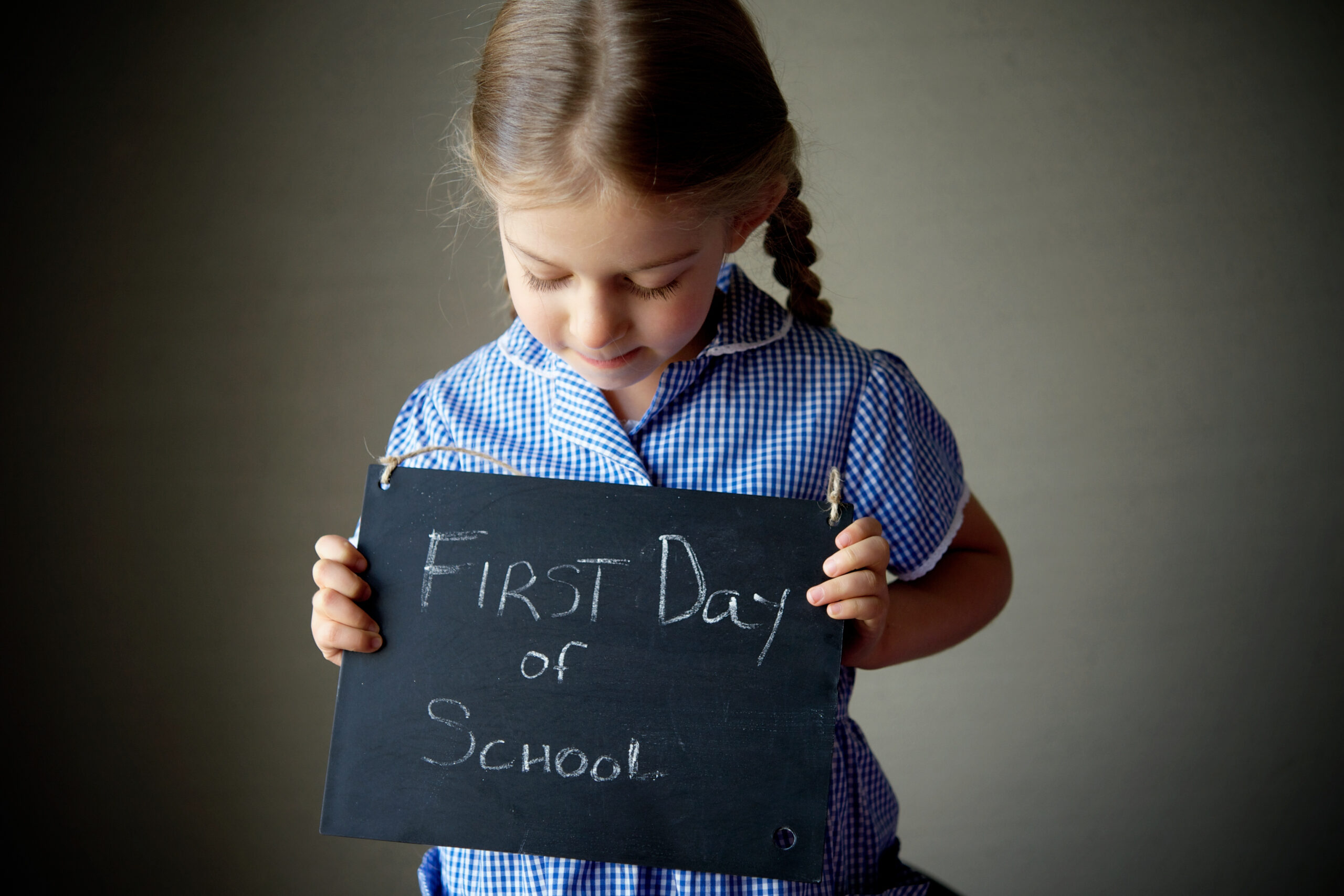After several weeks of summer holidays, complete with lie-ins, late nights and endless free time, many kids dread going back to school.
But alongside the resistance to returning to routine are genuine worries that are very real to children, and this can be especially so if children are starting a new school or progressing from primary school to intermediate (or from intermediate to high school).
Child psychologist Anna Malone from Triple P Parenting says children’s most common anxieties are about fitting in and dealing with uncertainty.
“For younger ones it’s ‘what will I do and who will I be with in unstructured time?’ So – who will I sit with at lunchtime? What if no one wants to play with me?'”
They might also be anxious about who their teacher is and whether any of their friends will be in their class.
“And then in older kids that turns to worrying about what the other kids will think of them,” Malone continues.
“They might be starting intermediate or high school so their worries are around ‘what if I get lost? What if I don’t know what I’m doing? What will people think of me if I bring the wrong books or go to the wrong class? What if I mix up my timetable? I’ll look silly if I don’t know what’s expected of me.'”

The uncertainty of dealing with new teachers and new subjects can also be a source of anxiety.
Malone encourages parents to keep the back-to-school talk positive but also to be open and listen to their kids. Helping them to feel in control of what they can control helps tremendously.
“So a few days before just make sure their uniforms are organised, school supplies, that sort of thing. With younger kids just knowing they have their pens and pencils ready to go can be a great source of relief.”
She suggests getting younger kids to help you name their stationary, or taking them supermarket shopping to get things for school lunches.
If this is all done a few days ahead of the first day back, your kids will be calmer. “Often if parents are rushing round organising things at the last minute the kids pick up on that sense of being rushed and that can raise anxiety around starting school.”
A few days before, start winding the kids’ bedtimes back and for older kids, get them to start setting their alarms again and getting up earlier.
Malone also suggests:
Walk the walking school bus route with younger kids – or drive to their school and let the kids familiarise themselves with the playground. Take a peek through their classroom windows, if you know which room they’ll be in.
Arrange with other parents to meet at the school gate with their kids on their first morning back.
Ask your child what they’re looking forward to about going back. What are the things they’re most excited to see or do on their first day?
“So you’re not ignoring the anxious thoughts but you’re preparing them so they’re less anxious. You’re being positive and getting them to look forward to those positive things.”

Playground politics can be a minefield for kids of all ages. Set younger kids up with some tools to deal with them, by running through with them what they might say or do when they’re out in the playground with the other kids.
“I don’t mean structured role play but you might say ‘okay pretend you’re at school and I’m someone in your class. Come up and introduce yourself to me. Ask me what my name is and ask me what my favourite thing is or what I did in the holidays,'” says Malone.
“Another thing that young kids in particular get anxious about is joining in games, so practice asking someone to play with them. But also practice what they might say and do if someone tells them ‘sorry we’ve already got four people and can’t have another person’.
“You might suggest that if that happens they could say, ‘oh okay maybe I could join in later’ and encourage them to go and find someone else to play with.
“Or it might be that they ask to sit next to someone at lunchtime and that person says ‘no I’m saving this place for my best friend’. Tell your child in that instance you might say ‘okay maybe I could sit with you at playtime instead’, and encourage them to go and sit with someone else.

Once they’re back at school keep the first few weekends low-key and keep them as cool as you can at night so they’re getting plenty of rest and sleep.
“Remember it’s the hottest part of the year and they’ve just had six weeks off, so it will take a little time to adjust,” Malone advises.
After school ask them about their day – what they enjoyed most about their day, was it hot in PE, what was the favourite thing in their lunch box.
“It’s about grabbing some quality time with them, 30 seconds or a couple of minutes just to connect,” Malone explains.
“All of this makes for a smoother transition.”


